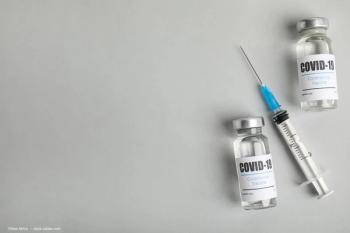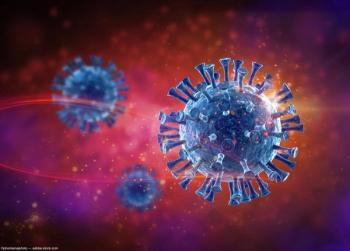
COVID-19: Let the sun shine … maybe
A new recommendation by six medical societies touts adherence to meeting the daily recommended dose of vitamin D.
A new recommendation by six medical societies emphasizes adherence to meeting the daily recommended dose of vitamin D, according to a recent report by
The experts believe this is especially relevant considering that people are spending more and more time indoors as a result of the viral pandemic.
The medical societies issued the following statement titled, "Joint Guidance on Vitamin D in the Era of COVID-19.” The societies involved are the American Society for Bone and Mineral Research, the Endocrine Society, American Association of Clinical Endocrinologists, the European Calcified Tissue Society, the National
"Vitamin D is very safe when taken at reasonable dosages and is important for musculoskeletal health. Levels are likely to decline as individuals reduce outside activity (sun exposure) during the pandemic," according to the statement. Importantly, sunlight is the main source of vitamin D, which is critical for bone health.
Specifically, the experts recommended sunlight exposure for 15 to 30 minutes daily with care taken to avoid sunburn.
The statement also said, "Most older and younger adults can safely take 400-1000 [International Units] daily to keep vitamin D levels within the optimal range as recommended by [the US] Institute of Medicine
Why is vitamin D important?
There is speculation that vitamin D may play a critical role in boosting the immune response; however, the joint statement acknowledges that this role in fighting the virus is as yet unclear.
"The current data do not provide any evidence that vitamin D supplementation will help prevent or treat COVID-19 infection; however, our guidance does not preclude further study of the potential effects of vitamin D on COVID-19,” according to the joint statement.
The experts consider that research to be warranted considering that previous research demonstrated “a role for the activated form of vitamin D [1,25(OH)2D] in immune responses.”
"Observational studies suggest associations between low vitamin D concentrations and higher rates of COVID-19 infection," the joint statement noted. However, the UK National Institute for Health and Care Excellence found no evidence that the risk or severity of infection by COVID-19 was affected by vitamin D, which also was reported by
Newsletter
Don’t miss out—get Ophthalmology Times updates on the latest clinical advancements and expert interviews, straight to your inbox.





























